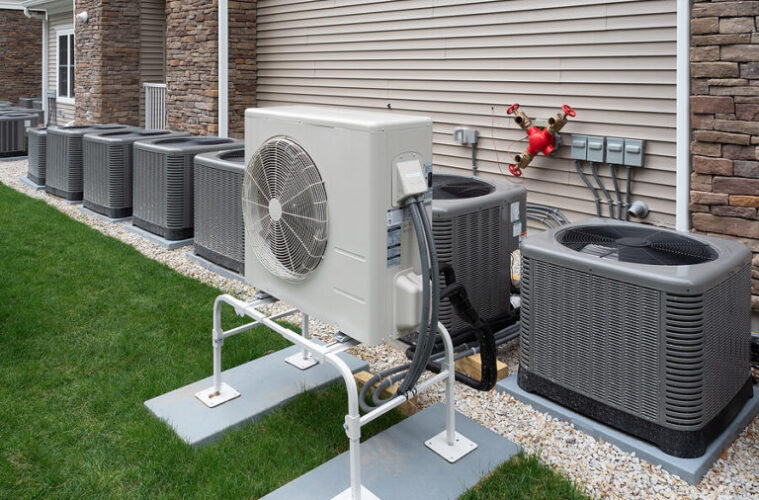Residents could experience their heat pump failing for several reasons, including an improper thermostat setting, a broken reversing valve, low refrigerant levels or electrical problems.
Some issues can be easily remedied independently, such as changing the air filter or cleaning out your outdoor unit, but others require professional assistance from the HVAC service.
For more complex heat pump issues, it’s best to reach out to HVAC professionals, and you can find the experts you need on this site. Trust pros like the ones at Anderson Air – the top HVAC service provider in Arkansas.
1. Thermostat issues
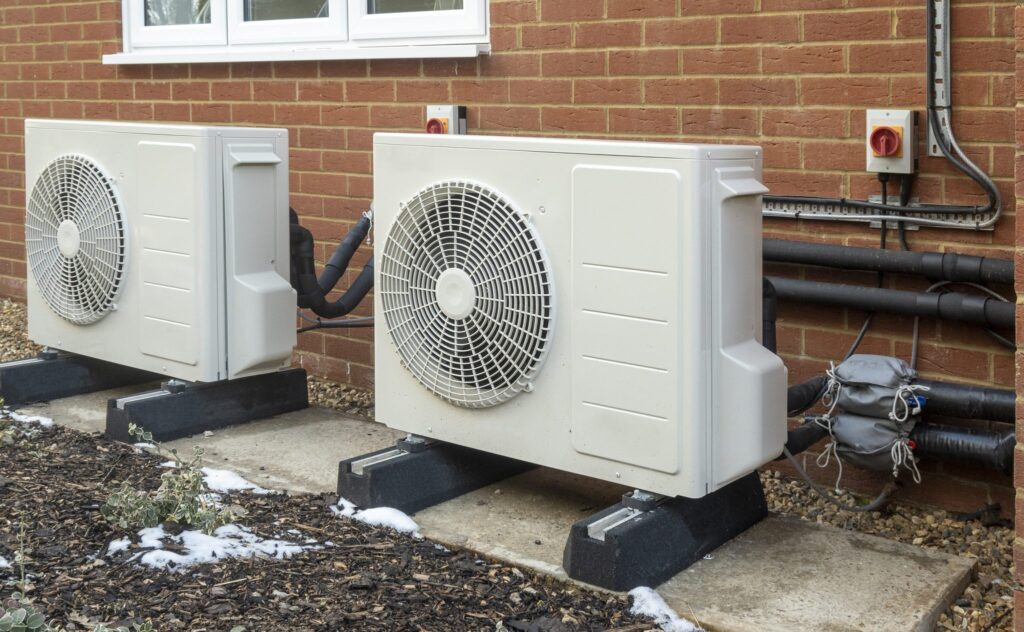
source: pinterest.com
Thermostat issues are one of the most frequent heat pump issues homeowners face. A broken thermostat can cause your heat pump to cycle on and off frequently, which leads to high energy bills. To resolve this problem, ensure that your thermostat settings are correct – if they’re not, chances are the system was accidentally set to cooling, so be sure to reset it!
Your thermostat could also contain a malfunctioning sensor that’s misreading temperature readings incorrectly; in such a case, professional assistance must be sought immediately to install a replacement sensor.
At your heat pump’s thermostat, common problems could include a faulty starter capacitor – responsible for transmitting electrical charges that turn on its motors – as well as an inoperable reversing valve (allows for both heating and air conditioning by switching the direction of refrigerant flow), broken reversing valve or improper installation (a professional technician must repair this).
2. Reversing valve issues
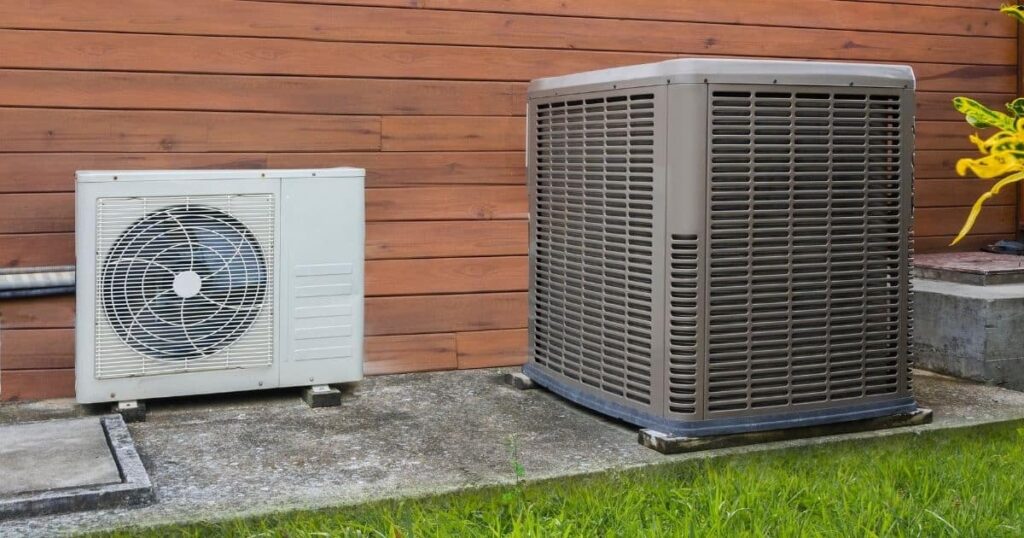
source: pinterest.com
Heat pump reversing valves are responsible for moving hot air out of your home (when in cooling mode) or pulling warm air in (when it’s in heating mode). When they become stuck, this can result in unsteady climate control – potentially due to lack of lubrication or accumulation of debris.
If you suspect yours might be stuck, try placing one hand on either the compressor dome or suction line and another on your reversing valve – see which gets warmer more quickly. It could mean a refrigerant leak somewhere within your system, such as from your metering device, filter drier or compressor.
Though you can perform some safe troubleshooting tricks yourself, if your heat pump reversing valve becomes stuck, it should only be repaired or replaced by an experienced HVAC technician. Contacting one could help protect against damaging leakage of refrigerant into the atmosphere as well as avoid expensive repair bills in the future.
3. Refrigerant leaks
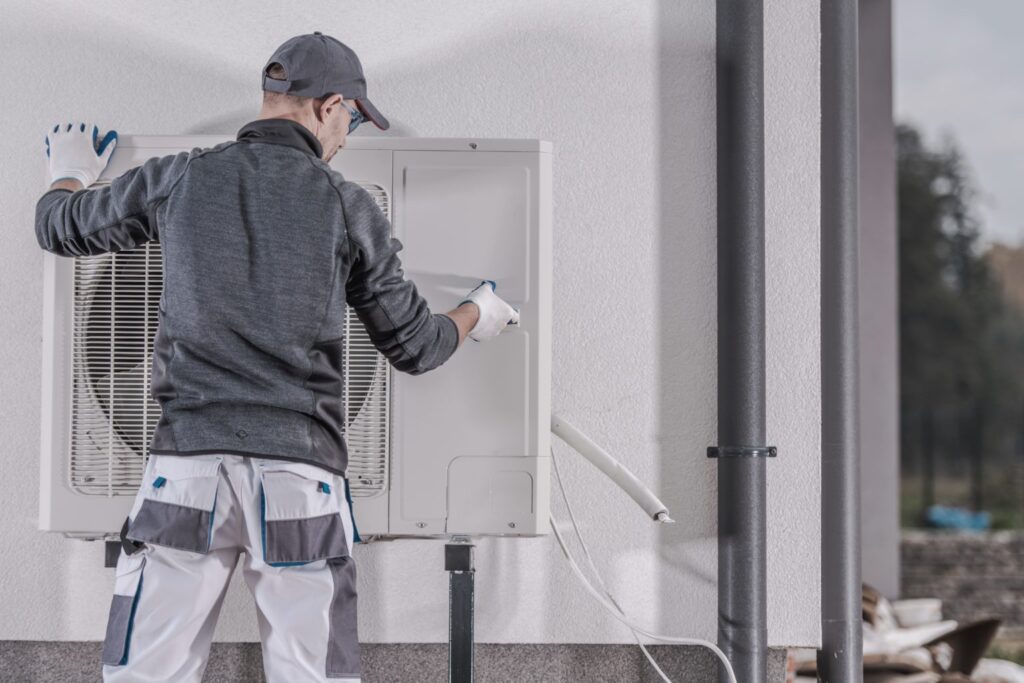
source: pinterest.com
Heat pump refrigerant leaks typically require professional assistance for repairs. Leaks can significantly decrease efficiency, leading to higher energy costs. Refrigerant leaks are the main cause of heat pump failure.
Your heat pump draws it in via humid air intake and converts it to condensate for draining into your condensate pan or drain line evaporator coil, to convert humid air to condensation; any refrigerant leak in this evaporator coil could result in the freezing of condensate on its journey and thus, the heat pump’s inability to work.
An external heat pump with a greasy film on it could indicate leakage. Refrigerant turns to liquid when exposed to high temperatures, signaling that an HVAC professional needs repairs. Be wary if there’s an unpleasant odor from it – this could indicate your blower motor has died and needs replacing before further breakdown occurs.
4. Air filter issues
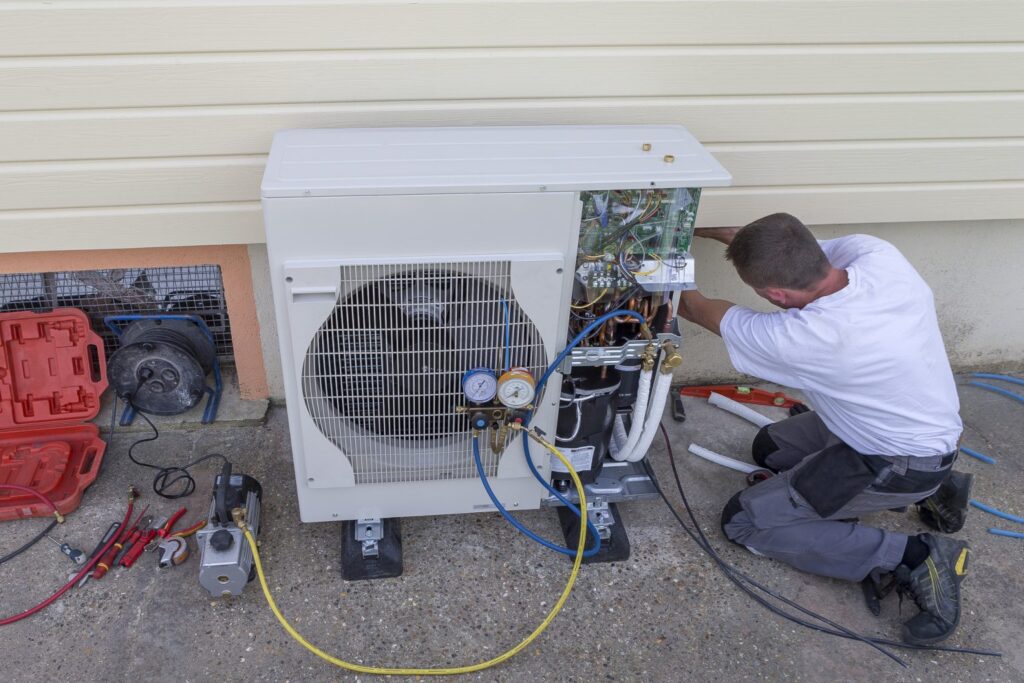
source: pinterest.com
If your heat pump keeps cycling on and off unexpectedly, this may indicate an airflow issue. A dirty or clogged air filter could prevent air from reaching the evaporator coil, thus preventing your system from heating properly.
Replace or clean your filter regularly to maintain efficient airflow and ensure no obstructions exist in its path – and don’t forget to make sure vents are not blocked off either!
A refrigerant leak may be present if your outdoor unit is consistently running in the winter or is covered with ice. Consulting a professional will allow them to check the level and fix any leakage;
Recalibrate the thermostat as necessary so accurate signals are being sent; help manage energy costs; reduce overheated blower motor risk; as well as provide peace of mind that maintenance schedules are being met regularly and problems with heat pumps will not arise in future years.
5. Electrical issues
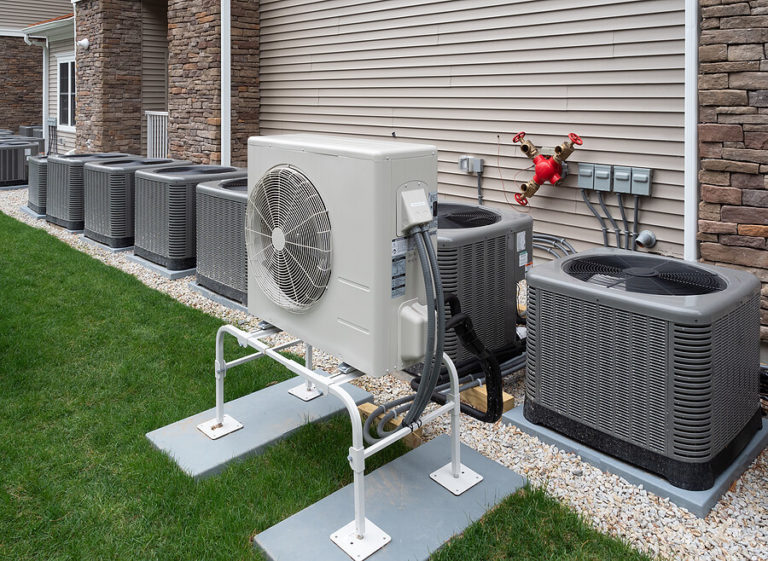
source: pinterest.com
Other common heat pump issues include unusual noises such as banging, screeching or rattling; an odd smell such as burning or fishy smells could indicate an electrical issue that requires professional intervention quickly.
Heat pump systems consume considerable electrical power to power their motors. A heat pump can overheat and shut itself off if it draws too much power. If this has happened to you despite cleaning your air filter and adjusting the thermostat settings, further troubleshooting should be undertaken by an authorized expert in your area.
Listen for faint clicking noises as your system turns on and off; these could indicate a broken starter capacitor, which transmits electrical charges that power motors. If this sound occurs, call in an experienced technician immediately, as replacing it may be required for optimal functioning of your motors.
Check your home’s electrical panel for any tripped circuit breakers, which could indicate several potential issues with your indoor air handler or its wiring or blower motor.
A technician can assess this situation and offer solutions. Odors from vents may indicate serious issues; musty smells may indicate mold growth while burning smells could indicate electrical problems that need attention.

